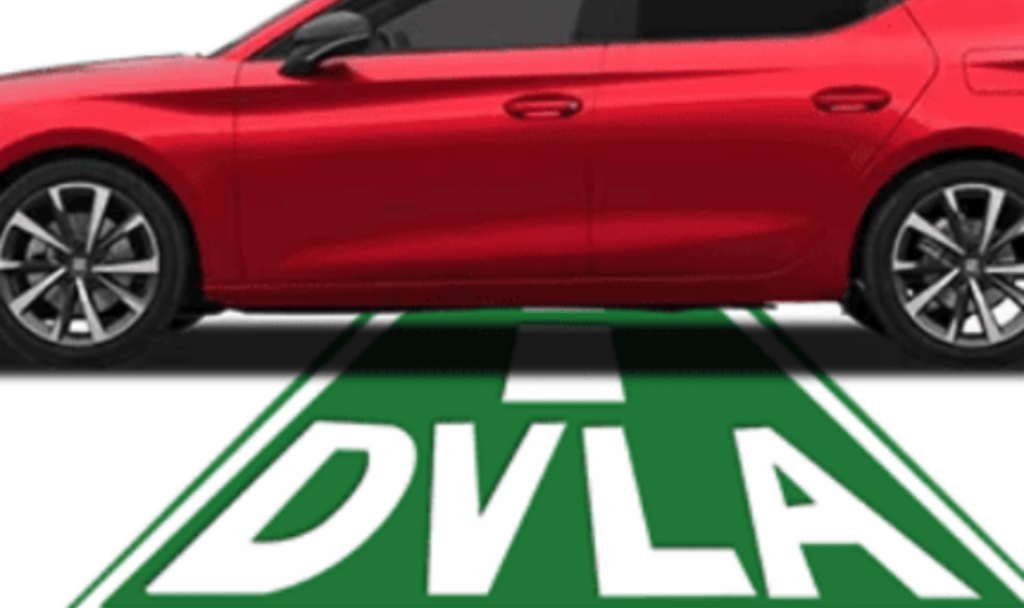Buying a used car can be a risky process, especially if you’re unaware of its full history. In the UK, the Driver and Vehicle Licensing Agency (DVLA) offers a free online service that allows individuals to check key details about any vehicle registered in the country. This service provides essential information such as a car’s tax status, MOT history, and technical specifications, helping buyers and current owners make informed decisions.
However, while the DVLA’s database is a great starting point, it doesn’t provide a full history of a vehicle, including whether it has been stolen, written off, or has outstanding finance. To get this additional information, car buyers need to use specialist vehicle history check services. In this article, we explore the importance of DVLA vehicle checks, what information you can access, and where to find deeper insights into a car’s past.
What Information Does the DVLA Provide?
The DVLA’s online vehicle information checker is a free tool that allows users to access basic but important details about any UK-registered vehicle. To use the service, all you need is the vehicle’s registration number.
- Vehicle Tax Status – Whether the car is taxed or has unpaid tax.
- MOT Expiry Date – Helps check if a car’s roadworthiness certificate is valid.
- Date of First Registration – Shows when the car was first registered in the UK.
- Year of Manufacture – Useful for verifying the car’s actual age.
- Engine Size and Fuel Type – Confirms important technical details.
- CO₂ Emissions Data – Crucial for knowing road tax costs and environmental impact.
These details are essential for both buyers and current owners, helping them stay compliant with the law and avoid potential issues related to tax and MOT.

What the DVLA Doesn’t Reveal
While the DVLA provides useful information, it does not offer a full history of the vehicle. This means that potential buyers might be unaware of critical issues, such as:
- Outstanding Finance – The car might still be legally owned by a finance company.
- Insurance Write-Off History – The car may have been declared a total loss after an accident.
- Stolen Vehicle Status – It might have been reported stolen and could be seized by authorities.
- Mileage Discrepancies – The odometer could have been tampered with (known as “clocking”).
- Number Plate Changes – The vehicle may have had multiple registration number changes.
These factors significantly impact the car’s value, safety, and legality. This is why it’s important to go beyond the DVLA’s free service and use a full vehicle history check from specialist providers.
How to Get a Full Vehicle History Check
For a more detailed background check, car buyers can use third-party vehicle history check services. These companies work with law enforcement, financial institutions, and insurance databases to provide a comprehensive report on a car’s past.
Some of the most trusted vehicle history check providers in the UK include:
- HPI Check (www.hpicheck.com) – One of the UK’s most reliable sources for full vehicle history reports.
- CarVeto (www.carveto.co.uk) – Offers in-depth checks for stolen vehicles, write-offs, and outstanding finance.
- The Auto Experts (www.theautoexperts.co.uk) – Provides comprehensive vehicle checks for peace of mind before buying a car.
A full vehicle history check typically costs between £10 and £30, depending on the provider and level of detail required. This is a small price to pay compared to the potential risks of buying a car with hidden issues.

Why Checking a Vehicle’s History is Crucial
Many buyers skip background checks when purchasing a used car, which can lead to serious problems later. Here are some key reasons why checking a car’s history is essential:
1. Avoid Buying a Stolen Car
If a car is reported stolen, it still legally belongs to the original owner or their insurance company. Buying a stolen car means you could lose both the vehicle and your money if the authorities seize it.
You can check if a vehicle is stolen through the Police National Computer database via services like HPI Check.
2. Ensure There’s No Outstanding Finance
Many cars are bought through finance agreements, meaning the vehicle remains the property of the finance company until the final payment is made. If you unknowingly purchase a car with unpaid finance, the finance company can legally reclaim it.
A full history check will confirm if the car is debt-free before you buy it.
3. Avoid Dangerous Write-Offs
A vehicle that has been written off by an insurance company might have been involved in a major accident or flood damage. Some write-offs can be repaired and legally put back on the road, while others should never be driven again.
A category S or N write-off may still be roadworthy, but it should be inspected carefully. A category A or B write-off should be avoided, as these cars are considered too dangerous to drive.
4. Detect Odometer Fraud (“Clocking”)
Some sellers tamper with a car’s mileage to make it appear less used than it actually is. Lower mileage means a higher selling price, but it also misleads buyers about the car’s true condition.
A full vehicle check can help spot mileage inconsistencies by comparing records from past MOT tests.
Conclusion:
Checking a vehicle’s history is an essential step before making a purchase. While the DVLA’s free online tool provides basic but useful details, it does not reveal hidden issues like theft status, finance agreements, or past accidents.
To fully protect yourself, consider using a comprehensive vehicle history check from a trusted provider. Spending a little extra on a full report can save you from major financial losses and safety risks in the long run.

Pankaj Kumar is a journalist at Chandigarh X, covering admit cards, recruitment, and government schemes. His articles provide readers with detailed insights into application processes, eligibility, and exam updates.
Outside of work, Pankaj enjoys traveling, fitness, and cricket, often participating in local matches on weekends.



